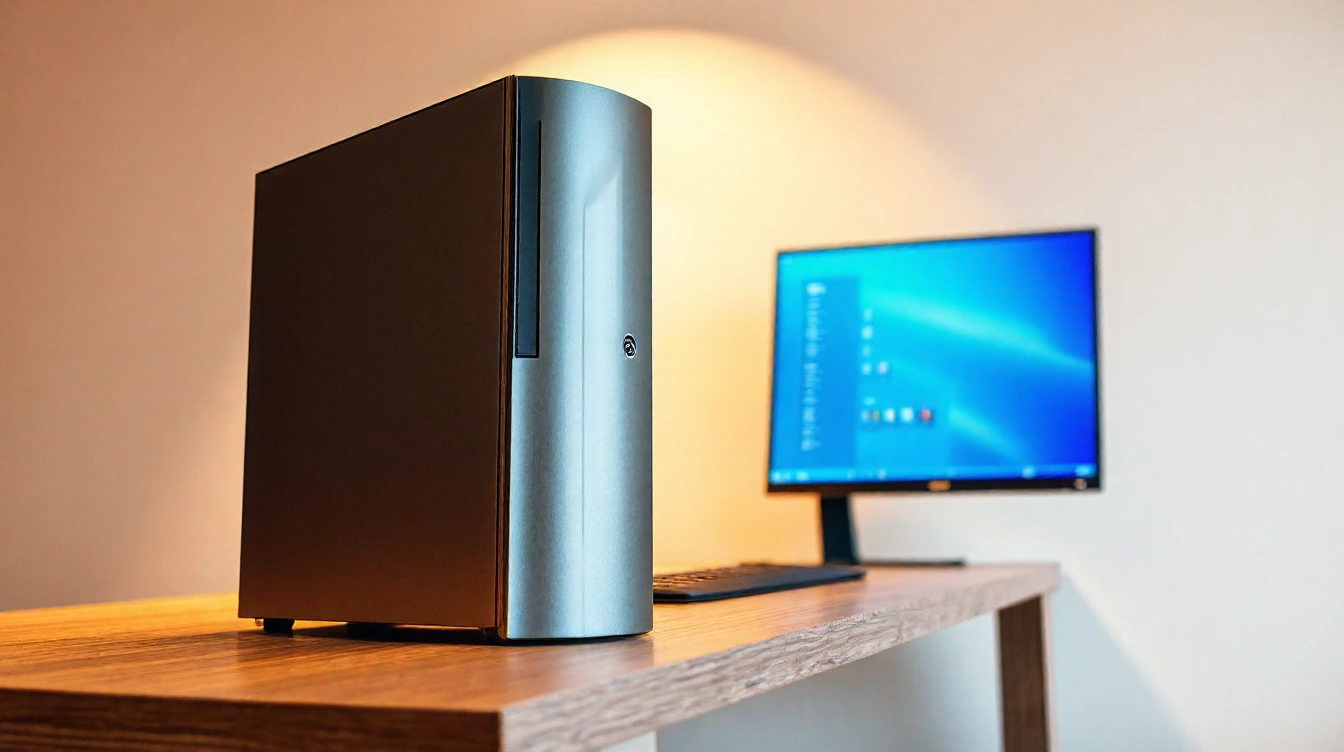Cutting-Edge UK Computing Hardware: Recent Breakthroughs and Launches
The UK computing hardware sector has seen remarkable recent advancements driven by top companies like ARM, Raspberry Pi, and several innovative startups primarily based in Cambridge. In 2023 and early 2024, ARM introduced next-generation chip designs focusing on improved energy efficiency and processing power, redefining standards for mobile and embedded devices. Raspberry Pi continued to expand its footprint with the launch of models boasting enhanced CPU speeds and integrated AI capabilities, making affordable computing accessible for education and hobbyists alike.
Numerous Cambridge-based startups have unveiled cutting-edge components, including quantum-inspired processors and specialized AI accelerators tailored for edge computing. These innovations demonstrate how UK computing hardware remains at the forefront of hardware innovation, blending performance with sustainability. Recent product launches highlight unique technologies such as ultra-low power consumption, modular architecture, and enhanced security features, catering to both consumer and enterprise markets.
Also to discover : What Innovations Are Expected in UK Computing Hardware Over the Next Decade?
This vibrant ecosystem not only drives the global hardware landscape but also showcases the UK’s leadership in pushing the boundaries of classical and emerging computing technologies throughout 2023 and into 2024.
Performance Gains and User Experience Improvements
Advancements in UK hardware impact have significantly boosted computing performance, directly enhancing the overall user experience. Cutting-edge processors and increased memory capacities enable faster data processing, resulting in smoother multitasking and quicker application launches. For everyday users, this translates to less waiting time and more efficient workflows.
Also to read : What Essential Features Should You Look for in a Computer Hardware Purchase?
Improved hardware designs also enhance usability. Devices are now more ergonomic, lightweight, and energy-efficient, making them accessible across various demographics. Adaptive technologies integrated into hardware allow for better interaction, especially for users with specific accessibility needs.
Real-world applications demonstrate these benefits clearly. Businesses relying on data analysis enjoy rapid computations, saving valuable time, while consumers experience seamless streaming and gaming due to enhanced graphics processing. Additionally, innovations like solid-state drives reduce load times considerably, ensuring workflows remain uninterrupted.
By focusing on both raw computing performance and user-centric design, UK hardware developments create a balanced environment where speed meets practicality. These improvements help users—from professionals to casual consumers—achieve more with less effort, fulfilling growing demands for efficiency and convenience in daily digital interactions.
Trends in Hardware Sustainability and Environmental Impact
Sustainable UK hardware is rapidly reshaping the tech landscape. Manufacturers increasingly emphasize energy-efficient designs that reduce power consumption without compromising performance. This shift not only lowers users’ electricity bills but also diminishes the environmental footprint of computing devices. Alongside energy efficiency, many companies adopt eco-conscious materials such as recycled plastics and biodegradable components, reinforcing green computing efforts.
UK hardware firms are pioneers in circular technology, implementing robust recycling initiatives. These approaches extend device lifespans through refurbishment and encourage responsible disposal, limiting electronic waste. Leading industry players collaborate with local programmes to recover valuable materials, highlighting the growing commitment to eco-friendly technology.
For UK users and organisations, these sustainability trends offer tangible benefits. Reduced energy use cuts operational costs, while eco-label certifications help consumers identify environmentally responsible products. Businesses aligned with green computing standards enhance their corporate social responsibility profiles, appealing to increasingly eco-aware clients. Overall, these advances foster a more sustainable technology ecosystem in the UK, balancing innovation with environmental stewardship.
Industry Influence: How UK Innovations Shape the Global Market
UK tech industry impact is profound, particularly through the export of pioneering computing hardware and intellectual property. A prime example is ARM Holdings, whose processor designs underpin the majority of mobile devices worldwide. ARM’s global reach extends beyond mere hardware sales; it licenses technology to international manufacturers, enabling efficient, low-power chips powering everything from smartphones to cloud servers.
Collaboration is another cornerstone of UK industry leadership. Innovator companies often partner with major global tech giants, mixing British ingenuity with large-scale manufacturing and distribution. Such alliances accelerate innovation cycles, ensuring UK designs influence the broader market rapidly. For instance, British semiconductor start-ups regularly work closely with multinational firms to tailor hardware solutions to emerging digital demands.
The UK also shapes worldwide computing hardware standards. British contributions often inform best practices in chip architecture, security implementation, and energy efficiency. This influence helps set the direction for future hardware development globally, underscoring the UK’s role as more than a mere contributor but a leader impacting global tech trends and infrastructure.









